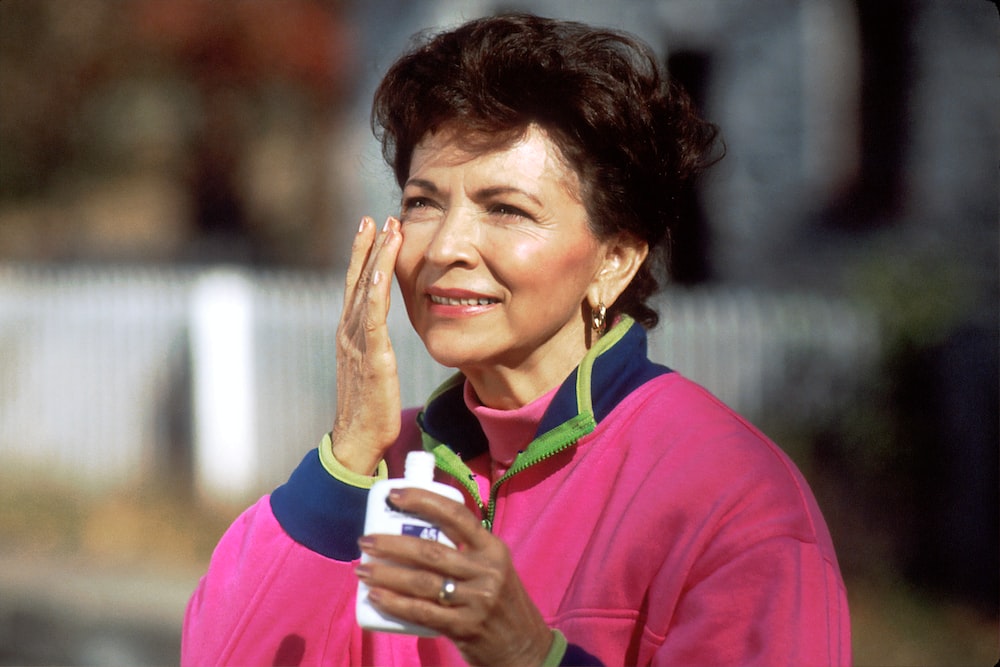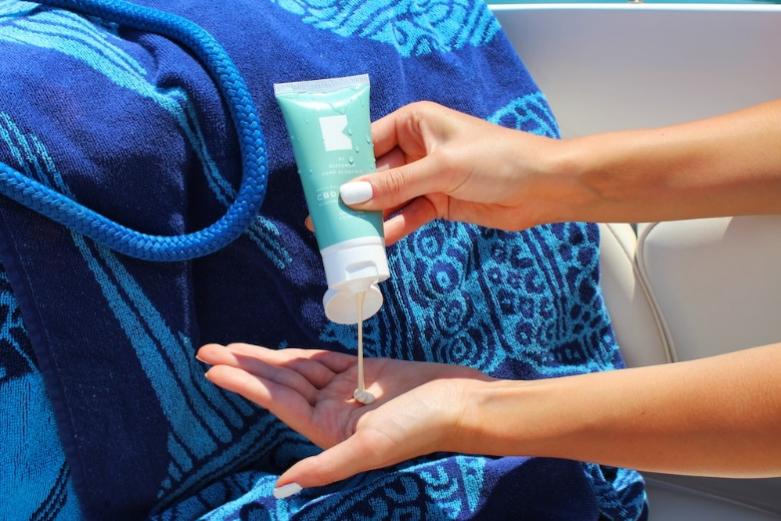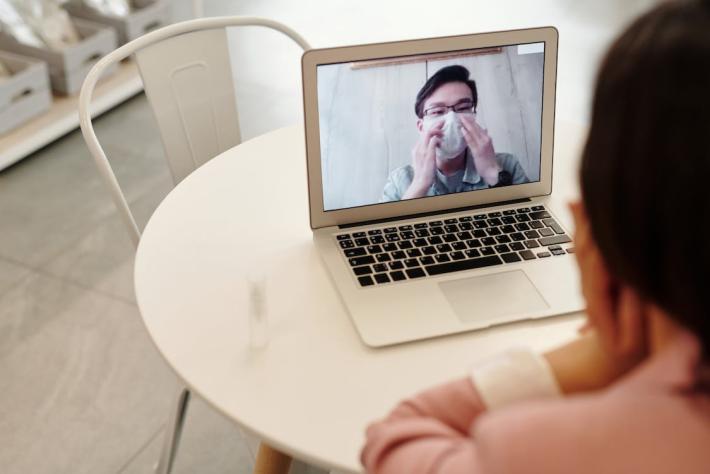Sun Safety Savvy: Protecting Your Skin from Harmful Rays and Skin Cancer

In a world where the sun's warm embrace often beckons us outdoors, it's crucial to be sun safety savvy. Unprotected exposure to the sun's harmful ultraviolet (UV) rays can lead to various skin issues, with skin cancer being a significant concern.
This blog aims to shed light on skin cancer prevention, exploring sun safety practices, regular screenings, and the pivotal role of early detection in maintaining optimal skin health. It also goes on to discuss how caring for your skin is ten times easier in the age of virtual consultations and online doctors.
Understanding the Risks
The sun, while a source of warmth and light, poses significant risks through its emission of harmful ultraviolet (UV) rays. Exposure to these rays, particularly UVA and UVB, can lead to various health issues, with skin damage being a primary concern. UV radiation penetrates the skin, causing damage to the DNA within skin cells. This damage can result in mutations that, over time, may lead to the development of skin cancer. Prolonged exposure to UV rays also accelerates the aging process, causing wrinkles, fine lines, and a loss of skin elasticity.
Additionally, UV rays contribute to the formation of sunburn, which not only causes discomfort but also increases the risk of skin cancer. Understanding these risks underscores the importance of adopting sun safety measures to protect our skin from the potentially harmful consequences of prolonged sun exposure.
Sun Safety Practices

Sun safety practices, as recommended by expert doctors online, are crucial for protecting the skin from the harmful effects of ultraviolet (UV) radiation. Following these guidelines can significantly reduce the risk of skin damage and potential health issues.
- Sunscreen Application:Expert doctors onlinestress the importance of applying a broad-spectrum sunscreen with a minimum SPF of 30. This protective layer shields the skin from both UVA and UVB rays, preventing DNA damage and reducing the risk of skin cancer. Applying sunscreen to all exposed skin, including frequently overlooked areas like the ears and neck, is emphasized for comprehensive protection.
- Regular Reapplication:Doctors onlinealso recommend reapplying sunscreen every two hours or more frequently if swimming or sweating. This ensures a consistent level of protection throughout sun exposure, especially during extended outdoor activities.
- Seeking Shade During Peak Hours:To minimize direct exposure to intense UV rays, experts advise seeking shade, particularly during peak sun hours between 10 a.m. and 4 p.m. This simple yet effective practice helps reduce the risk of sunburn and long-term skin damage.
- Protective Clothing:Expert doctors onlinerecommend wearing protective clothing, including wide-brimmed hats, sunglasses with UV protection, and long-sleeved shirts and pants. These items serve as additional barriers against harmful UV rays, providing extra defense for the skin.
- Avoiding Tanning Beds:Online medical professionals strongly discourage the use of tanning beds, as they are known to produce concentrated UV rays and increase the risk of skin cancer. Understanding the dangers associated with artificial tanning is a crucial aspect of sun safety.
- Regular Self-Examinations:Expert advice emphasizes the importance of regular self-examinations to monitor the skin for any changes. This includes keeping an eye on moles, freckles, and other skin abnormalities. Any suspicious changes should prompt consultation with a healthcare professional.
Regular Screenings
Routine skin cancer screenings play a pivotal role in early detection and prevention. Dermatologists recommend self-examinations to monitor moles, freckles, and any changes in your skin. Additionally, scheduling annual check-ups with a dermatologist can help identify potential issues early on.
Importance of Early Detection
- Increased Survival Rates:Detecting skin cancer in its early stages significantly increases the chances of successful treatment and recovery. Regular screenings can help identify suspicious moles or lesions before they develop into more severe forms of skin cancer.
- Minimized Treatment Complexity:Expert doctors onlineemphasize that early detection often leads to less invasive and complex treatment options. Timely intervention can prevent the need for extensive surgeries or aggressive therapies, enhancing the overall quality of life for individuals diagnosed with skin cancer.
Virtual Consultations and Prescriptions

In today's digital age, accessing expert medical advice has become more convenient than ever. Virtual consultations allow individuals to connect with dermatologists online, discuss skin concerns, and receive personalized recommendations. Furthermore, some platforms even offer virtual prescriptions, streamlining the process of obtaining necessary medications without the need for an in-person visit.
Final Thoughts
Being sun safety savvy is not just a seasonal concern but a lifelong commitment to skin health. By adopting preventive measures, undergoing regular screenings, and embracing the convenience of virtual doctor prescription, we can protect our skin from harmful rays and reduce the risk of skin cancer. Remember, a little sun safety today can go a long way in ensuring a healthier, radiant tomorrow.
To Talk to a Family Doctor Online without leaving the comfort of your home, interact with our dedicated team at TelMDCare. Leveraging extensive experience in the healthcare sector, our platform is designed to link individuals with reputable and well-regarded doctors, ensuring they receive the care they deserve. book my doctor's appointment online today to embark on your healthcare journey.